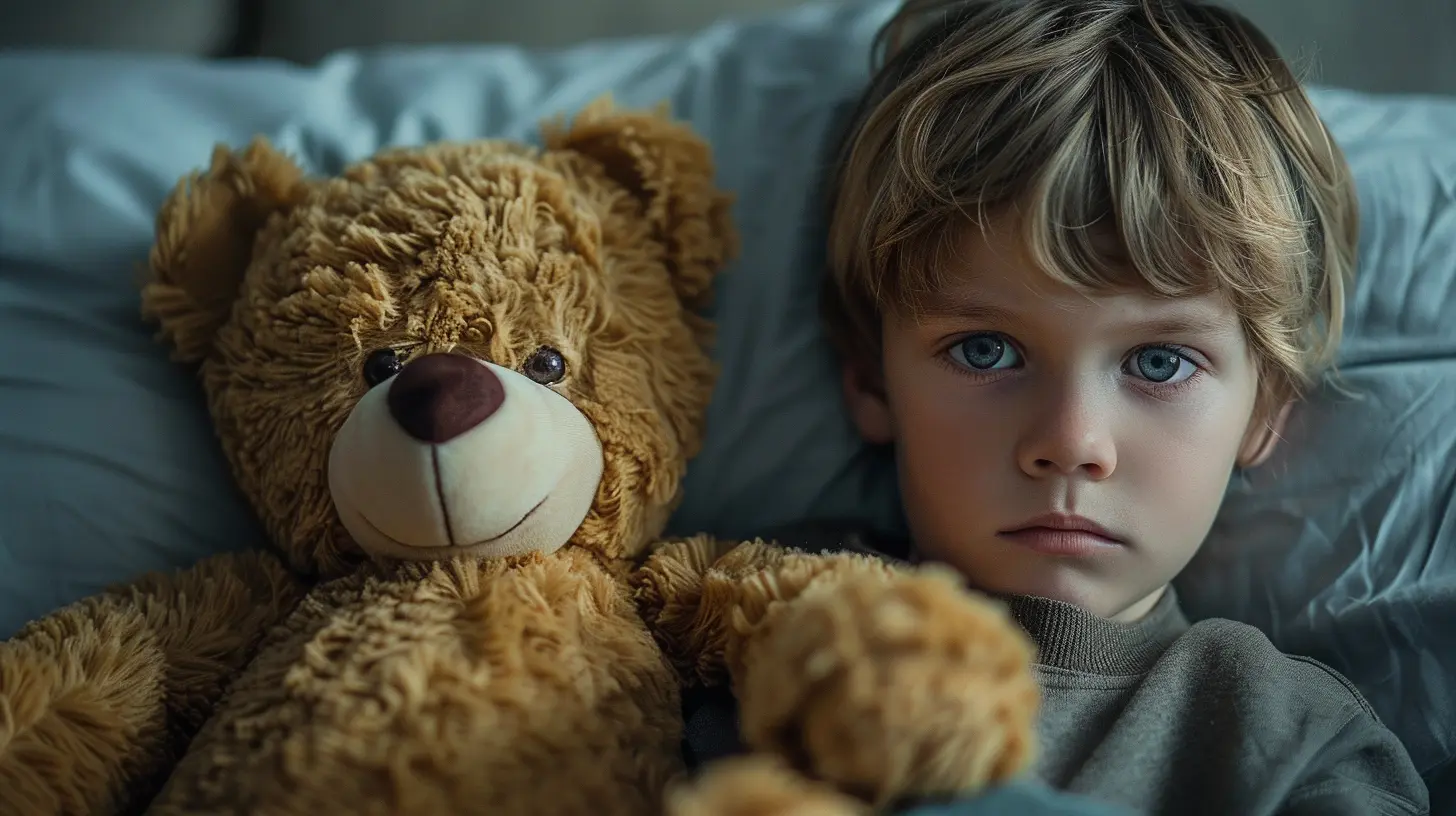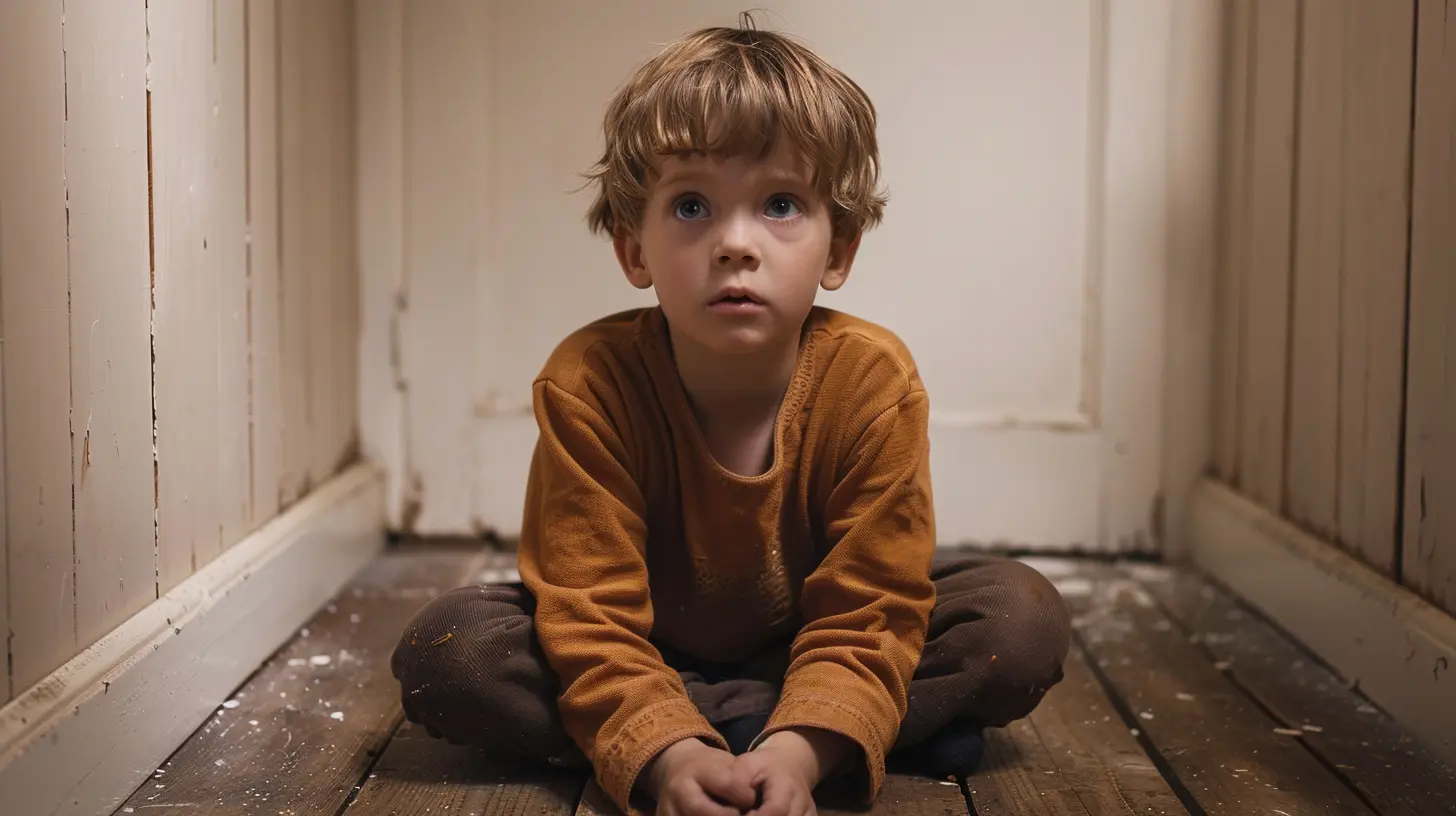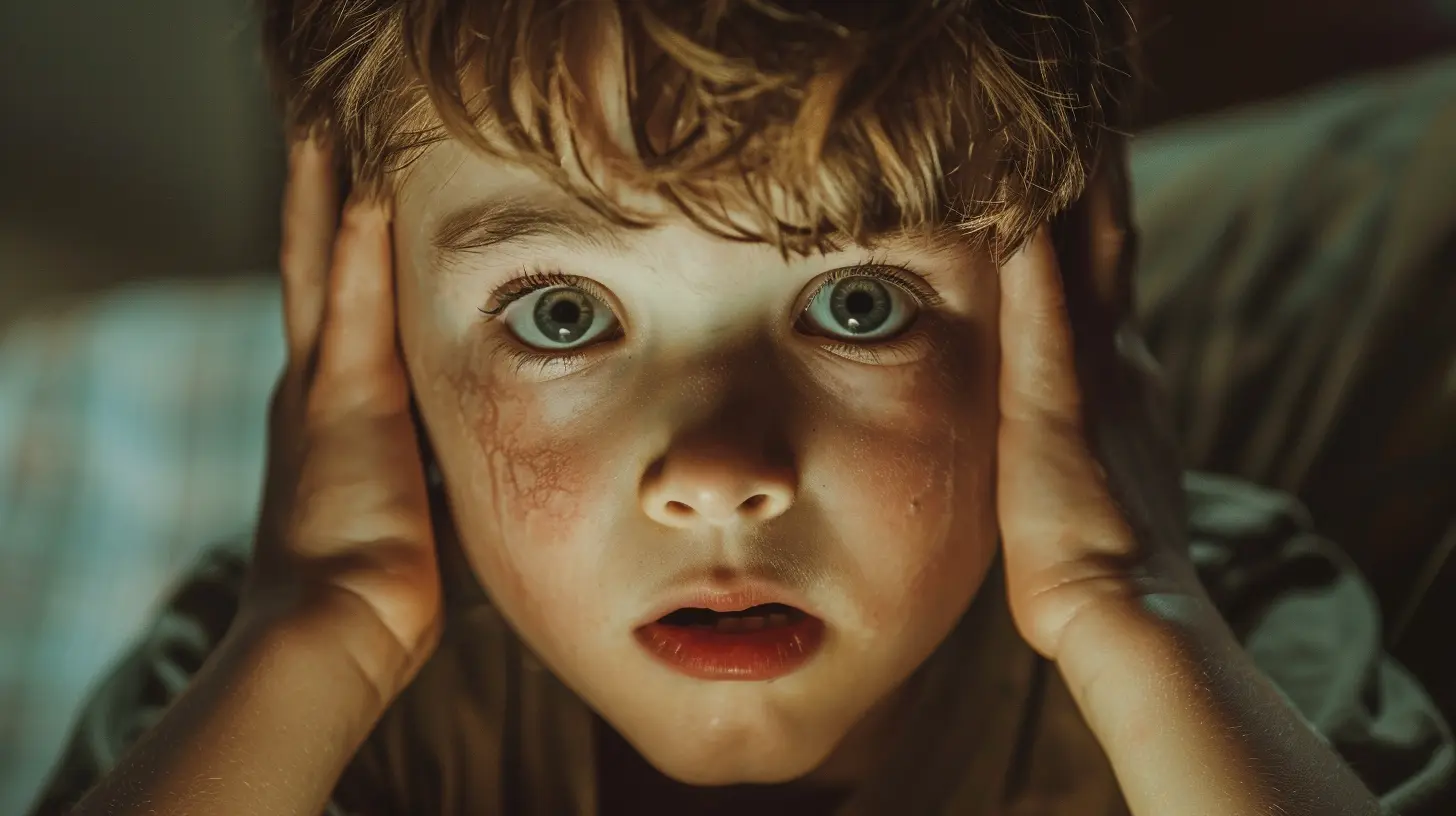Why Your Child May Fear Social Situations and How to Help
13 June 2025
Let’s face it—kids can be unpredictable. One day they’re giggling with their classmates, the next they’re clinging to your leg like you’re about to toss them into a den of lions. If your child tends to shy away from birthday parties, avoids playdates like the plague, or freezes when spoken to by other adults, you’re not alone.
Social anxiety in children is more common than you might think. But here’s the good part—there’s a lot you can do to help. In this post, we’ll unpack why your child may fear social situations and walk through some simple, actionable ways to support them. So grab a coffee (or maybe some chocolate—you deserve it), and let’s dive in.
What Does Social Anxiety Look Like in Kids?
Let’s start with the basics. Social anxiety isn’t necessarily about being shy—though the two can sometimes look the same on the surface. While shyness is a personality trait, social anxiety is more intense. It’s like shyness turned up to eleven.Common Signs to Look Out For
- Avoiding eye contact- Refusing to talk in group settings
- Extreme fear of being judged or embarrassed
- Crying or tantrums before social events
- Physical symptoms like stomachaches or headaches
- Clinging to you in new or crowded places
Sound familiar? If your child shows these signs regularly, it's not just about being introverted. There may be some deeper fear at play.
Why Is My Child Afraid of Social Situations?
Great question. There’s no one-size-fits-all answer here, but there are several common reasons why children develop a fear of social settings.1. Fear of Judgment or Embarrassment
Kids can be little perfectionists. Many worry about saying the "wrong" thing or people laughing at them. Even a small slip-up at school or not knowing how to join a group can make them dread doing it all over again.2. Negative Past Experiences
Did your child get teased at the park once or ignored during a group activity? Even mild social bumps can leave lasting impressions that shape how kids interact with peers.3. Social Skill Gaps
Let’s be honest—making friends is a skill. Some kids are naturally charismatic. Others might need a little more practice. When they feel unequipped, social events can feel like they're being thrown into a play without knowing any lines.4. Sensitive Temperament
Some children are more sensitive to stimuli—they get overwhelmed easily. Loud noises, big groups, unpredictable situations? For a sensitive child, this combo can feel downright terrifying.5. Genetics and Family History
Yep, this can run in the family. If you or your partner were anxious as children, odds are higher your kid may be dealing with similar feelings. (No judgment—we've all got a little emotional baggage.)
How to Help Your Child Feel More Comfortable Socially
Here’s where we roll up our sleeves and dig into the good stuff. Helping your child doesn’t mean shoving them into uncomfortable situations until they “toughen up.” Nope. It's about meeting them where they are and walking alongside them—at their pace.1. Validate Their Feelings Without Feeding the Fear
First things first: don’t brush it off. Saying “There’s nothing to be afraid of” doesn’t help. Instead, try:🗣️ “I get that speaking in front of the class feels scary sometimes. You're not alone.”
Let them know it’s okay to feel nervous—but also that they’re capable of handling it.
2. Role Play Social Scenarios
Think of this as a mini rehearsal. Pretend you're another kid at school asking to play. Practice ways to start a conversation, join a game, or respond when someone says “no.” It might feel silly, but it builds confidence in a safe space.Bonus: kids love pretending, so this can turn into a fun game!
3. Start Small and Build Up
Don’t toss your socially anxious child into a crowd of 30 kids at a birthday party and expect them to thrive. Start with one-on-one playdates or small family gatherings. Then slowly increase the size and complexity of the social situation over time.Think of it like teaching a kid to swim—you wouldn’t start in the deep end, right?
4. Encourage, But Don’t Pressure
Gently encourage social opportunities, but don’t make it an all-or-nothing deal. For instance, “You don’t have to talk to everyone today—but let’s try saying hello to at least one person." Celebrate the small wins!5. Model Confident Behavior
Kids are always watching. (Seriously, even when you think they’re not.) If they see you approaching people with a smile, making small talk at the grocery store, or handling awkward moments with grace, they’ll start to mirror that behavior over time.No pressure, but you're kind of a role model now.
6. Create Opportunities for Success
Set your child up to win. Invite a friendly neighbor child over, or guide them to clubs or activities that match their interests. Shared hobbies make conversations way easier. If your LEGO-loving kid meets another brick-building enthusiast—boom! Instant bond.7. Teach Relaxation Techniques
When anxiety hits, it can feel like a tidal wave. Show your child how to calm their body and mind. Deep breathing, body scans, and even silly things like counting backward from ten while making funny faces can work wonders.Pro tip: Teach these techniques when they’re calm, not mid-meltdown.
8. Read Books or Watch Shows About Confidence
Sometimes, seeing characters go through similar struggles helps kids feel less alone. There are tons of children’s books and shows where anxious characters overcome fears and find their voice. Watching or reading alongside them opens the door for conversation.(P.S. You might tear up too—it happens.)
9. Celebrate Every Little Victory
Did your child wave at a neighbor? Say “hi” to a classmate? Ask a question in class? Celebrate it like they just won a gold medal. Positive reinforcement is a confidence booster and a half.10. Know When to Get Extra Help
If your child’s fear of social situations starts affecting school, friendships, or family life in a big way, it's time to loop in a pro. Child therapists or psychologists trained in anxiety can work wonders, and there’s no shame in asking for help. You’re not failing your child—you’re advocating for them.
How Long Does It Take to See Progress?
Ah, the million-dollar question. Every child is different, so there’s no magic timeline. Some might warm up in weeks, others may take months. What really matters is consistency. Keep showing up, being patient, and cheering them on. Over time, those tiny steps start adding up to giant leaps.Still Wondering if It’s Normal?
Yes, it’s normal. But yes, it matters. Avoiding social interaction too often can lead to isolation, loneliness, and low self-esteem down the road. So even if it seems minor now, giving your child the tools to handle social situations is one of the best gifts you can offer.You’re not trying to change who they are—you’re helping them feel braver in their own skin.
Final Thoughts: Patience, Progress, and a Lot of Love
Dealing with social anxiety doesn’t mean your child can’t grow up to be confident, social, and successful. In fact, some of the most thoughtful and empathetic adults were once socially anxious kids.Your support, understanding, and encouragement are the secret ingredients. And remember, you're doing an amazing job—even when it doesn’t feel like it.
Let your child know you believe in them. Because when you believe in them enough, they start to believe in themselves too.
Quick Recap: Tools for Helping Your Child
👉 Validate their feelings, don’t dismiss them👉 Practice social scenarios through roleplay
👉 Start small with social exposures and build up
👉 Be their role model—show confidence yourself
👉 Celebrate every win, no matter how tiny
👉 Don’t wait to seek professional support if needed
Parenting is never a straight road. But with each bump, curve, and detour, you and your child grow together. And that makes the journey pretty darn special.
all images in this post were generated using AI tools
Category:
Dealing With FearsAuthor:

Steven McLain
Discussion
rate this article
3 comments
Ingrid Mercado
Ah, the joys of parenting! It's like preparing a cat for a swim—sometimes, our kids just aren't ready for the deep end of socialization. Just remember, hiding behind your leg doesn’t mean they’re a ninja; they might just need a little extra cheerleading!
June 18, 2025 at 4:54 AM

Steven McLain
Absolutely! Every child has their own pace in social situations. A little support and encouragement can go a long way in helping them feel more confident.
Kismet Hamilton
This article offers invaluable insights into childhood social anxiety. By understanding the root causes and implementing supportive strategies, parents can empower their children to navigate social situations with confidence. Practical tips make this a must-read for concerned caregivers.
June 17, 2025 at 2:43 PM

Steven McLain
Thank you for your thoughtful feedback! I'm glad you found the insights and strategies helpful for supporting children with social anxiety.
Nadia Martinez
Empower them; every step is progress!
June 13, 2025 at 3:44 AM

Steven McLain
Absolutely! Empowering children to face their fears is key to fostering confidence and resilience. Every small step counts!



